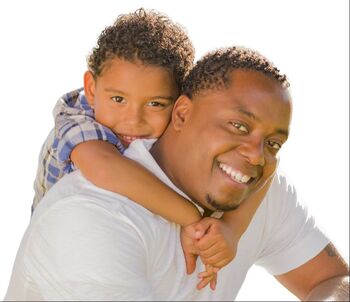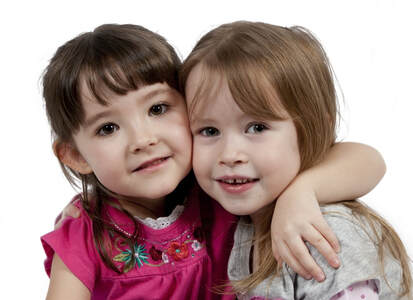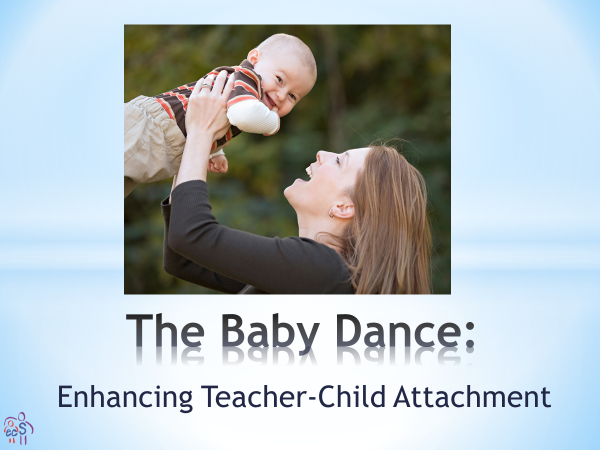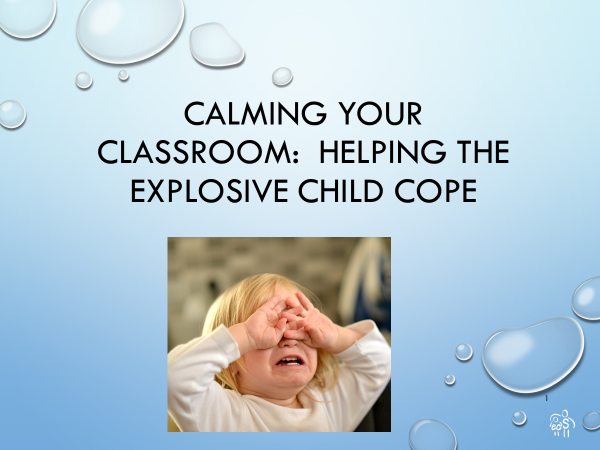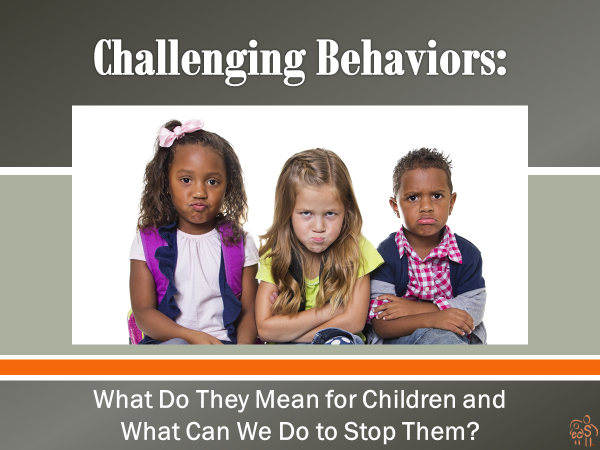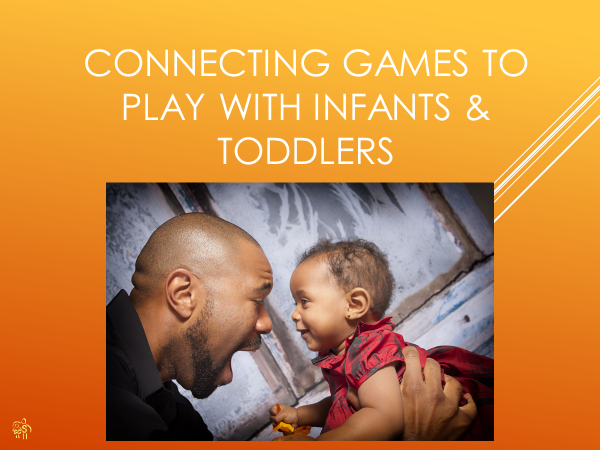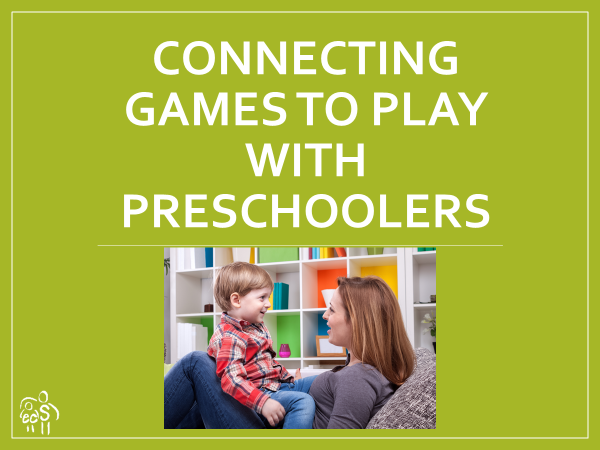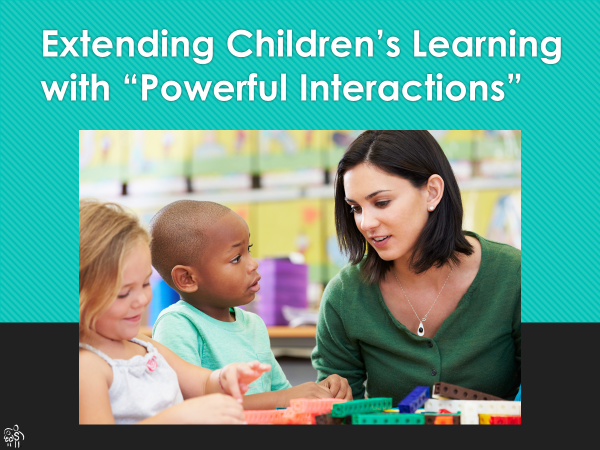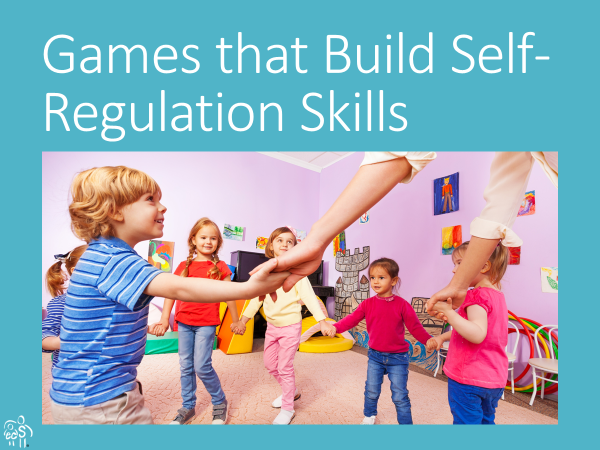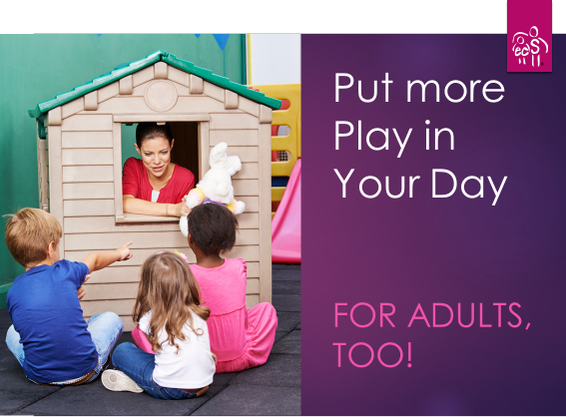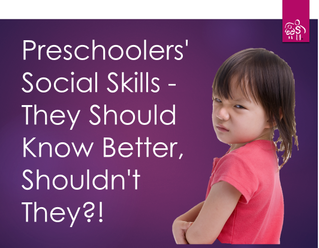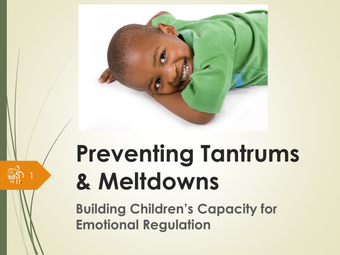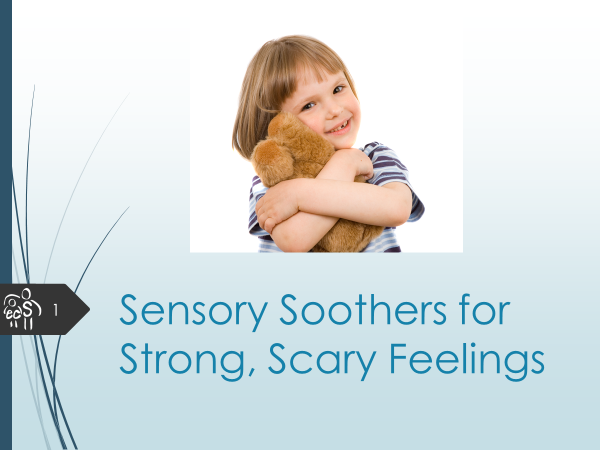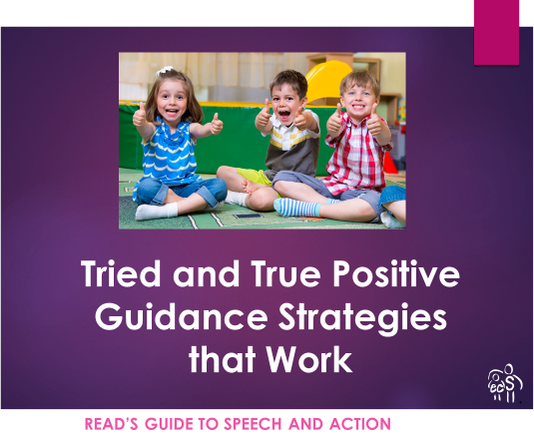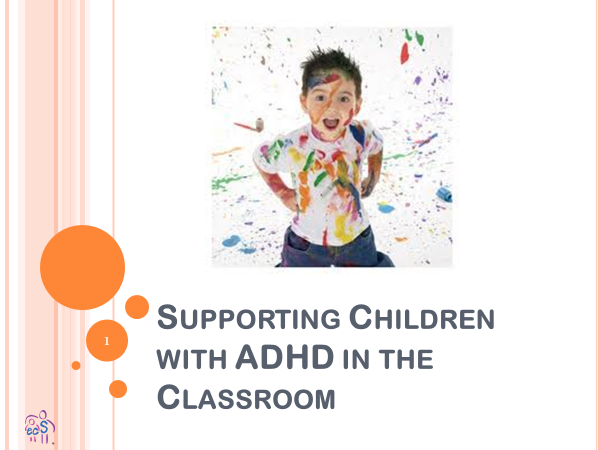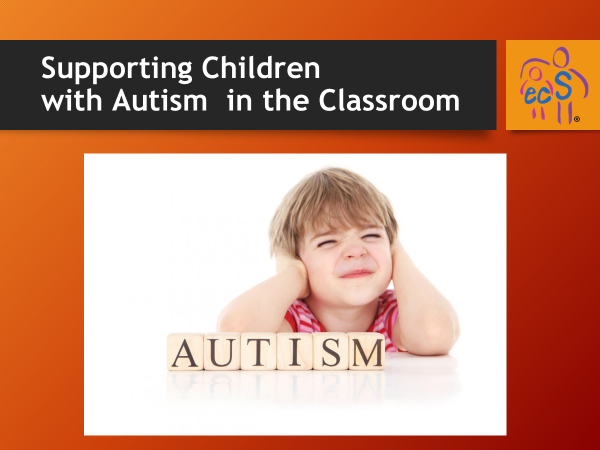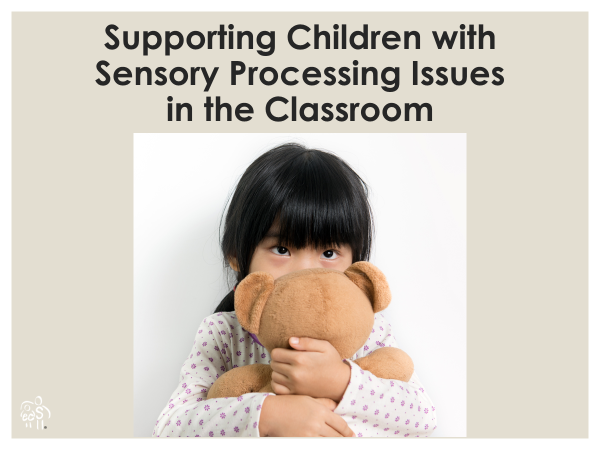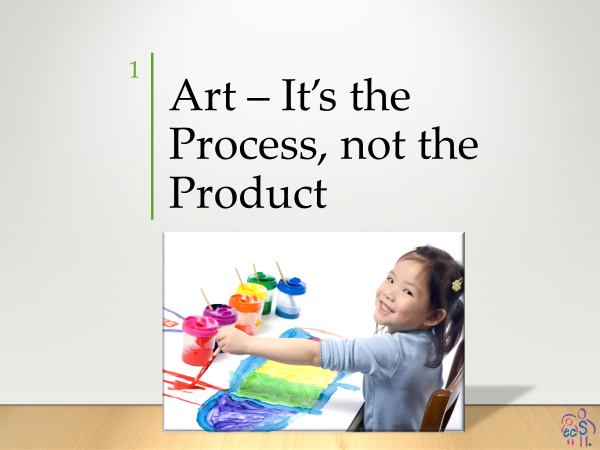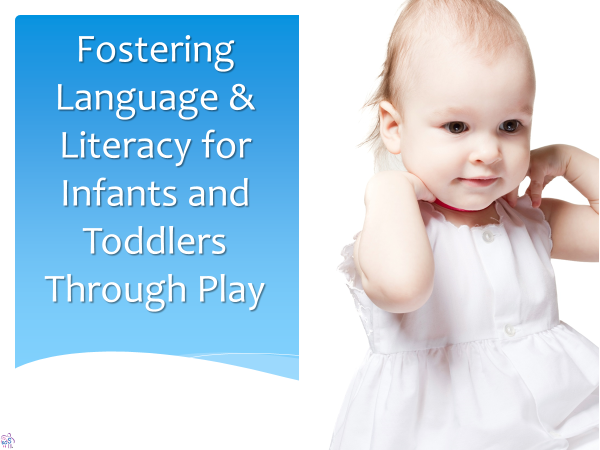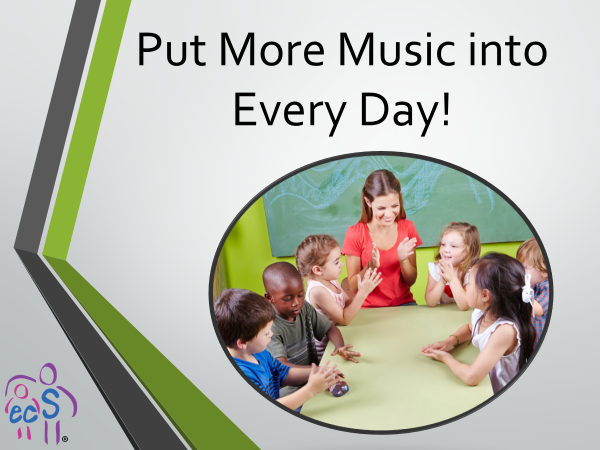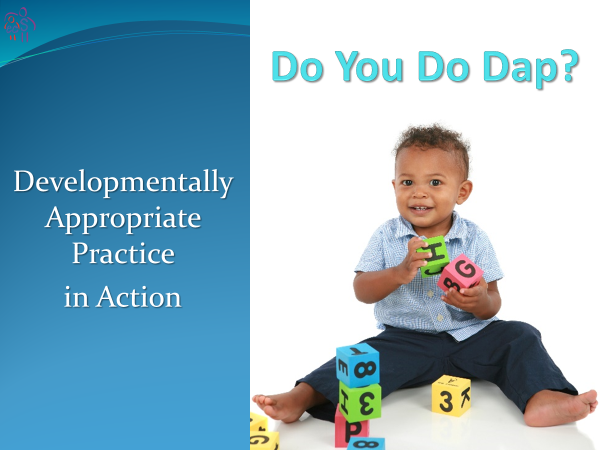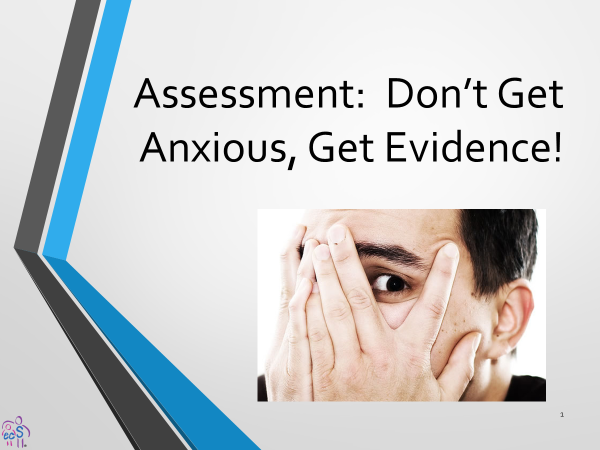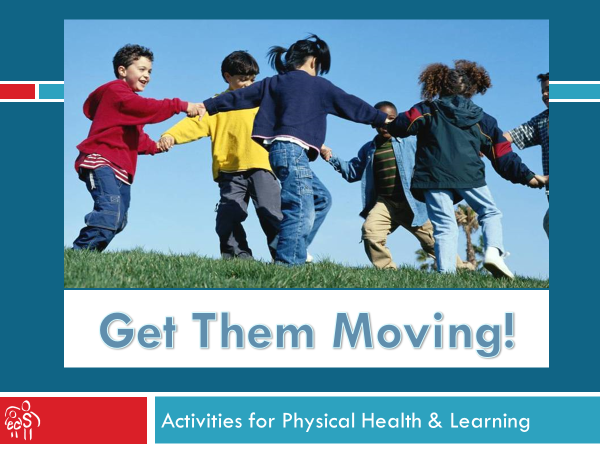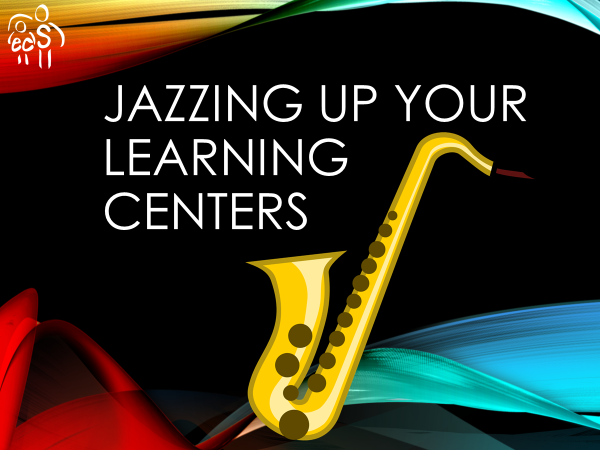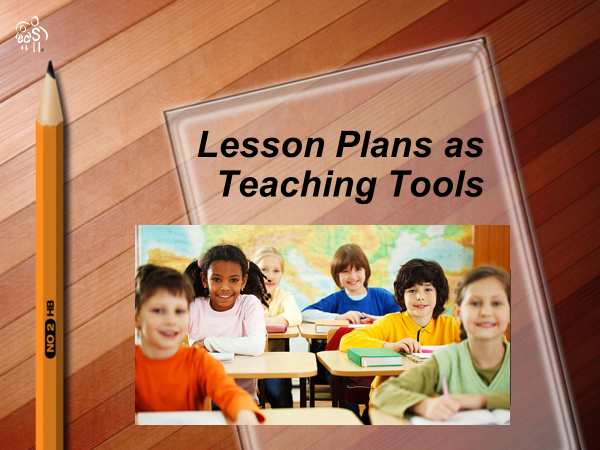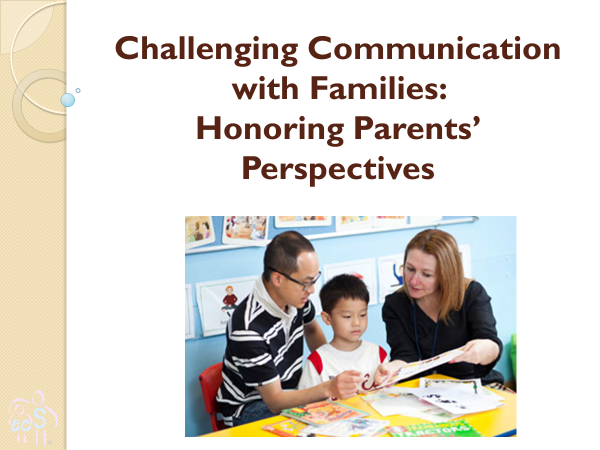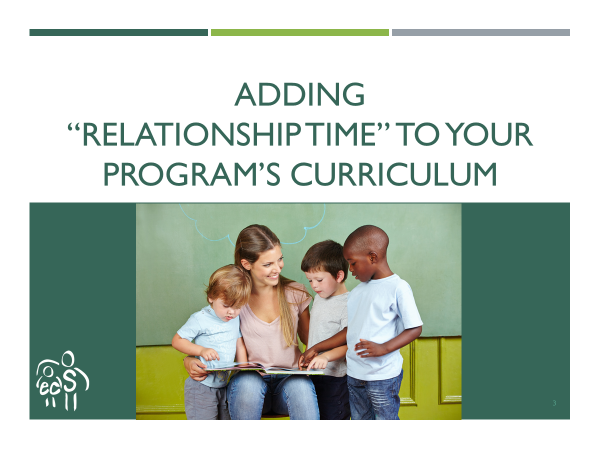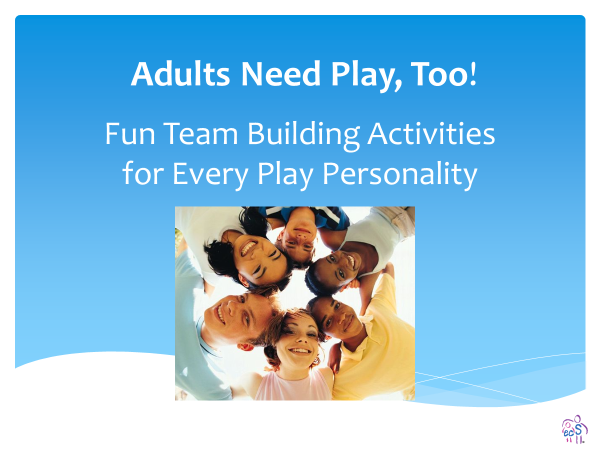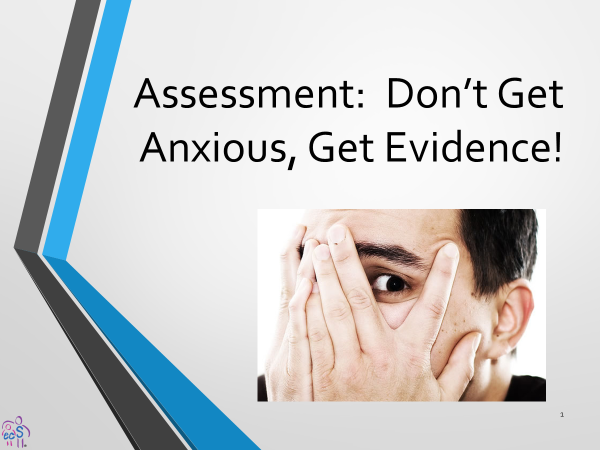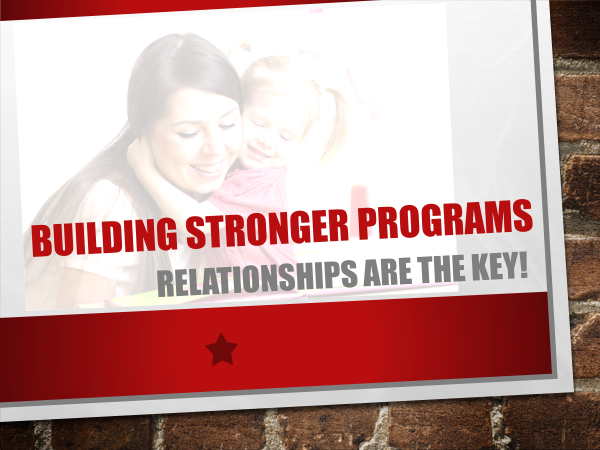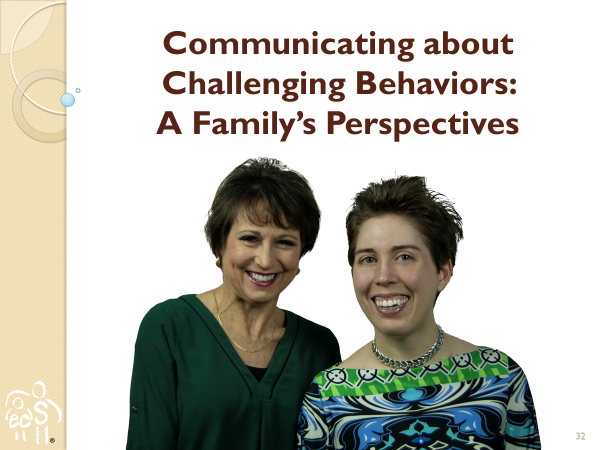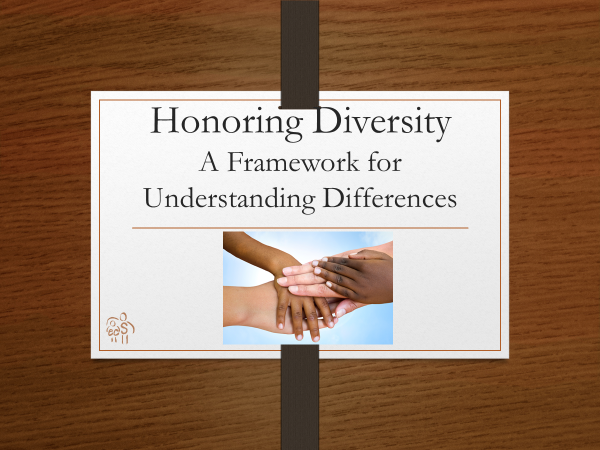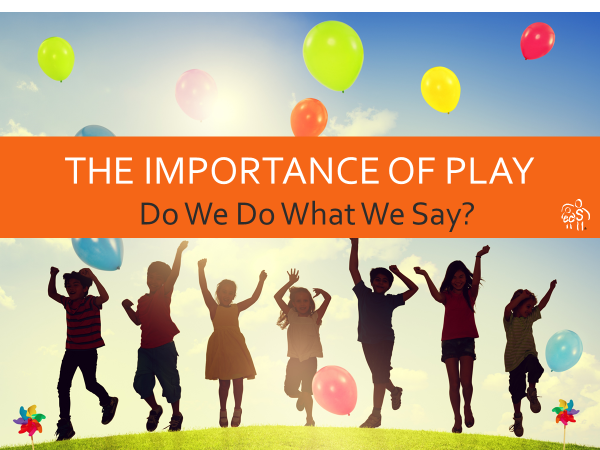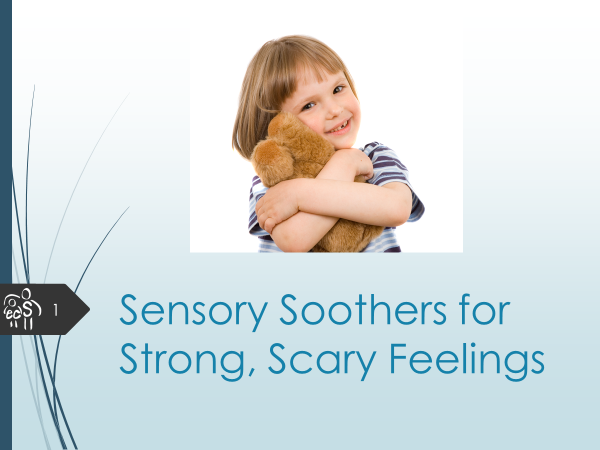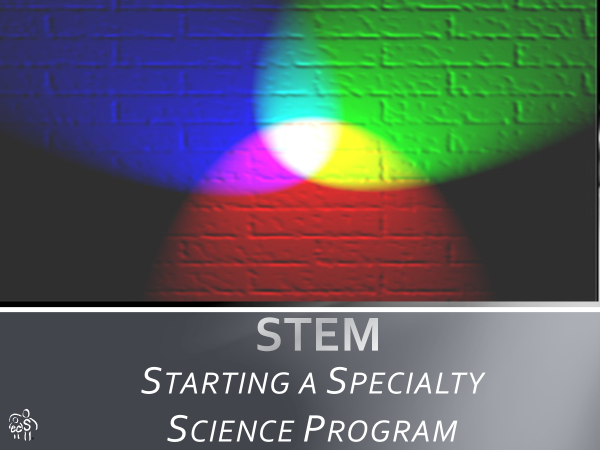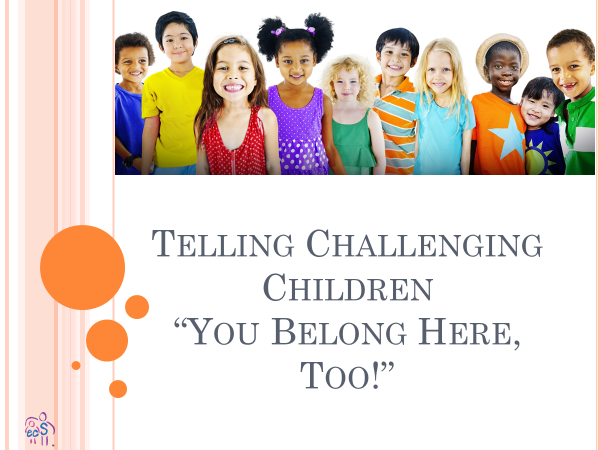OUR SESSION TOPICS
Social-Emotional Development Is our Specialty!
Children's social-emotional development is vitally important for their success in life.
We are passionate about helping caregivers and teachers support this domain, especially for children with challenging behaviors.
Our conference sessions will help attendees guide children's behavior like a pro!
We are passionate about helping caregivers and teachers support this domain, especially for children with challenging behaviors.
Our conference sessions will help attendees guide children's behavior like a pro!
Our Social-Emotional Topics include:Adult-Child Relationships
Challenging Behavior Positive Guidance The Importance of Play |
Other Conference Session Topics:Children with Special Needs ADHD, Autism, Sensory Processing Disorder |
Don't see exactly what you're looking for?
All Keynotes and Child Care Training Sessions can be converted into Conference Sessions.
We can also develop a conference session just for you!
All Keynotes and Child Care Training Sessions can be converted into Conference Sessions.
We can also develop a conference session just for you!
Conference Sessions for Teachers
Social-Emotional Development
|
The Baby Dance
Warm, caring relationships between adults and children are the foundation for a child's healthy development, behavior and health. Learn how to evaluate your relationships, practice strategies to strengthen your relationships with every child in your care. This session benefits not only the children but yourself as well! |
|
Calming Your Classroom
Sometimes a child tends to react in extreme ways to certain situations. These very challenging behaviors can feel like explosions because they happen so quickly and are so powerful. The child’s behavior is telling adults that he or she does not have the skills to handle the situation appropriately. In this session, you will learn strategies to help the child cope with the stressful situations and leave ready to apply them to make your classroom a calmer place. |
|
Challenging Behaviors
Challenging behaviors often happen because children believe it works for them. A behavior support plan (BSP) is an effective tool for stopping these behaviors. In this session, you will learn how to determine the function of the behavior and how to prevent the behavior. Explore teaching replacement skills and responding in new ways to the challenging behavior. You will leave ready to use a BSP for children with challenging behaviors in your classroom. |
|
Connecting Games to Play with Infants & Toddlers
Building strong relationships between adults and children is the most important part of infant and toddler caregivers’ jobs. Come away with at least 25 ideas for songs and games to help you connect with your young children. |
|
Connecting Games to Play with Preschoolers
Warm, caring relationships between adults and children are the foundation for a child's development, and connecting activities help to create and maintain these relationships. Play at least 25 games that help you connect with preschool-age children. |
|
Extending Children's Learning with "Powerful Interactions"
Learn how to turn your everyday interactions with children into “powerful interactions” that strengthen relationships and extend their learning. Identify the 3 steps of a powerful interaction and explore many strategies for each step. Leave ready to provide your children with many opportunities to connect with you and to learn! |
|
Games That Build Self-Regulation Skills
Connecting with children helps them develop self-regulation skills, and research demonstrates that playing certain games does, too. Play many of these games and hear about the research behind their effectiveness. Come away with a fun way to help children build these important life skills! |
|
Put More Play in Your Day
Play is the optimal means for supporting a child's learning and development, and it's good for adults, too! Learn about the benefits of playfulness for adults and identify the different adult play personalities. When you can foster playfulness in yourself and other adults at work, you will all have much more fun every day – and so will the children! |
|
Preschoolers' Social Skills
Preschoolers say they know how not to behave badly, but sometimes they do bad things anyway. Using social skills also requires knowing what to do and how to do it at the appropriate time. This takes an adult's guidance and lots of time. In this session, you will identify age-appropriate social skills and learn many strategies to enhance them. Be ready to provide many opportunities for children to practice, and they will get better! |
|
Preventing Tantrums & Meltdowns
After the moment of a meltdown, what can adults do to lessen the likelihood of the next one? In this session, you will learn how to build children's capacity to cope with the next stressful event, learn about the self-regulation process and the skills involved and practice guidance and interaction strategies that support emotional regulation. Use these tools in your classroom, and tantrums may soon become a thing of the past! |
|
Sensory Soothers for Strong, Scary Feelings
Some children experience sensory overload which contributes to meltdowns and other challenging behaviors. In this session, you will explore many practical strategies for helping children soothe each of their 8 (yes, 8!) senses. You will also meet “eepworms” and discover how this fidget toy can become a soothing tool, and get ideas for supporting children as they learn to cope with their most stressful emotions. You may also come away with strategies that ease your stress as well! |
|
Tried and True Positive Guidance Strategies That Work
Learn the 15 “Guides to Speech and Action” that have been used successfully for decades and are still relevant today. Come away with proven strategies that promote positive child behaviors and reduce challenging ones. |
Children with Special Needs
|
ADHD
In this session, you will learn about the major difficulties affecting children with ADHD. You will also discover ways to help these children better cope with these challenging areas and build their executive functioning skills. The new knowledge and intervention strategies learned will help to improve your attitudes, accommodation practices, and behavior management skills. You will leave ready to better support all the children in your classroom! |
|
Autism
In this lesson, you will learn about the main deficits in social functioning that affect children with Autism Spectrum Disorder. You will also explore ways to accommodate these children in your classroom using tools such as visual supports and systematic instruction. You will gain new understanding and practice proven strategies that support these children in the classroom, hear about valuable resources and leave ready to better support children with autism and their families. |
|
Sensory Processing Issues
Some children experience problems in taking in information from their senses, which can cause him or her much stress and discomfort. In this lesson, you will learn about these sensory problems and how to accommodate these children. You will also explore many simple strategies for helping children cope with different issues related to sensory processing. You will leave with a new understanding of how sensory processing affects not only children experiencing problems but other children and adults, too. |
Curriculum Areas
|
Art
The most valuable art experiences for young children are those that allow them to explore art media and to express themselves, without the teacher having a finished product in mind. In this session, you will learn about the importance of open-ended art and learn strategies for guiding children’s art and talking with them about their art. Gather many ideas for an inviting environment for art expression, and leave ready to enjoy watching your children’s artistry blossom and bloom! |
|
Language & Literacy
Isn’t it amazing how quickly children’s language develops in the first three years? Review major milestones and explore lots of enjoyable activities that foster language development and promote early literacy. You’ll leave ready to help your children in new ways! |
|
Music & Movement
Children love music! But what types of music experiences should caregivers provide for them every day In this session, you will learn the 5 essential music experiences and practice at least 5 activities for each. You will be ready to bring more varied music activities into your classroom. |
Developmentally Appropriate Practice
|
DAP in Action
DAP means meeting children where they are and helping them to reach challenging and achievable goals. In this session, you will learn to identify the 5 aspects of good teaching and explore examples of developmentally appropriate practices and activities for each. You will leave ready to provide what your children need most to grow and learn! |
|
Assessment
Authentic assessment helps teachers get to know their children’s abilities and needs. This process may seem intimidating, but it doesn’t have to be. All it involves is gathering evidence about children from different sources in different times and places then organizing and interpreting the information. In this session, you will learn how to assess children and how to use the information effectively. |
Health & Safety
|
Get Them Moving!
Music and movement activities are an enjoyable way for children to improve their physical health and development. They benefit children’s learning and behavior, too! In this session, you will try out at least 20 activities that you can bring back to the classroom. You will be ready to get yourself and the children moving! |
Learning Environments & Planning
|
Learning Centers
In this session, you will discover ways to jazz up your centers to make them “sing” with more appealing and appropriate activities, explore selecting and arranging enticing materials through pictures and discussions, and provide interest areas in all domains every day and effectively manage the centers. With this new knowledge you can help their classrooms come alive with beautiful harmonies of hands-on learning! |
|
Lesson Planning
Planning is a necessary part of teaching, and it doesn’t have to be a chore! In this session, you will learn the role of planning, the parts of a lesson plan and tips for planning effectively. Come away with a lesson plan that will help you feel more confident in your next small or large group activity. |
Working with Parents
|
Challenging Communication with Families
In this session, you will examine the perspectives of both providers and parents of children with special needs, identify common concerns that parents of children with special needs share and learn strategies for delivering difficult messages and how to respond to unpleasant messages. You will leave ready to communicate more effectively and to strengthen your relationships with all parents! |
Conference Sessions for Administrators
Below are only a few of our sessions for administrators. We offer many more!
Our trainings for administrators and keynotes can be adapted for conference breakout sessions as well.
|
Program Curriculum
Most of a child's brain development happens within the first 5 years of life, and the most important influence on this development is the responsive relationship of a caring adult. When you build opportunities for building and maintaining adult-child relationships into your program, you are providing the best brain-building tool there is. In this session, you will come away with strategies to make relationships your top priority. |
|
How Adults' Play Benefits People & Programs
Play is the optimal means for supporting adults’ work, just as it is for supporting children’s development. This session addresses how adults and their workplace each benefit when adults play and are playful. You will learn about the different play personalities and participate in fun, team-building activities for each one and how to foster playfulness in your staff and yourself and have fun, too! |
|
Assessment for Directors
Assessment may seem intimidating to your teachers, but it doesn’t have to be. All assessment involves is gathering evidence about children’s development, then organizing and interpreting the information so it can be used. In this session, you’ll learn the process, identify types of assessment, and leave with strategies to support your teachers' assessment efforts. |
|
Building Stronger Programs
When you prioritize a strong web of relationships among children, staff and families, you are providing a foundation for the very best high-quality care and education. In this session, you will learn how each of these relationships benefits everyone in your program, and come away with practical strategies to make them your top priority! |
|
Communicating About Challenging Behaviors
In this session, you will hear the viewpoints of a parent and her adult daughter who struggles with brain disorders and exhibited challenging behaviors as a child. You will also discuss common concerns of families like theirs, identify roadblocks to successful partnerships with these families and explore solutions. You will leave with recommendations for strengthening your relationships with all families. |
|
Honoring Diversity
Participants in this session will learn a useful framework for understanding cultural differences, and explore how different perspectives fit into this framework. You will practice techniques for resolving cultural conflicts, and leave with suggestions for approaching diversity issues in your curiculums. |
|
The Importance of Play
We know that play is the optimal mode for learning and supporting a child's development. Do our curriculum design, daily schedules, and program environment reflect that importance? Let’s work together to examine these components to ensure that you prioritize the provision of lots of sustained, open-ended, free-choice, child-initiated play. |
|
Sensory Soothers
Some children experience sensory overload which contributes to meltdowns and other challenging behaviors. In this session, you will explore many materials, including “eepworms,” you can make or purchase to help children soothe all of their senses. You will get ideas for helping your teachers soothe children's most stressful emotions and you may also come away with strategies that can ease an adult's strong emotions as well! |
|
STEM Curriculum
We've created a specialty science class for preschoolers and you can, too! In this session, you will hear ideas for enhancing your existing science curriculum to strengthen your STEM offerings. You will also explore ways to teach and implement the scientific process and watch demonstrations of air, light and color activity ideas. You'll leave ready to nurture your young scientists! |
|
Welcoming & Supporting Challenging Children
Dealing with behaviorally challenging children often feels like too much effort in your already demanding workday. In this session, you’ll gain a set of emotional support strategies that will alleviate stress in many ways: Your teachers will more confidently handle and prevent challenging behaviors; you’ll communicate more effectively with your staff, families and others; all your children’s behavior will improve. Everyone will benefit! |

